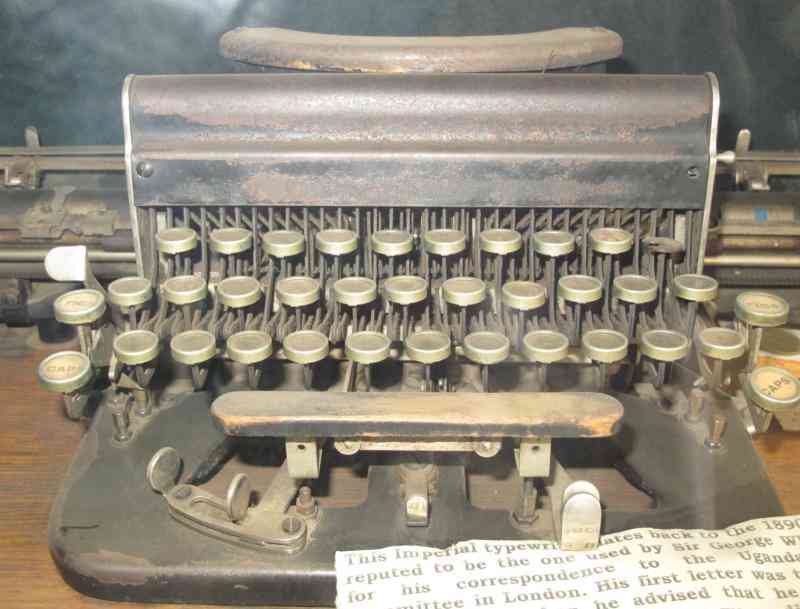×
The Standard e-Paper
Join Thousands Daily

The validity of academic credentials has become a hot potato during this political season. The authorities had envisaged a scenario where some enterprising job seekers would try to submit dubious academic certificates and set up various agencies to verify papers obtained from faraway lands.
During the era when education was strictly controlled by the state, the government had a say on who got promoted and administered examinations to test the suitability of junior civil servants hoping for promotions.